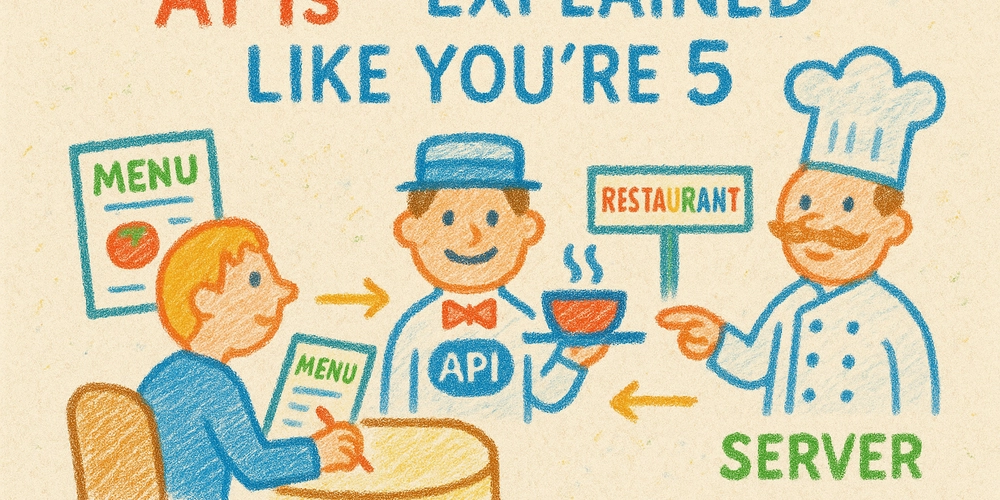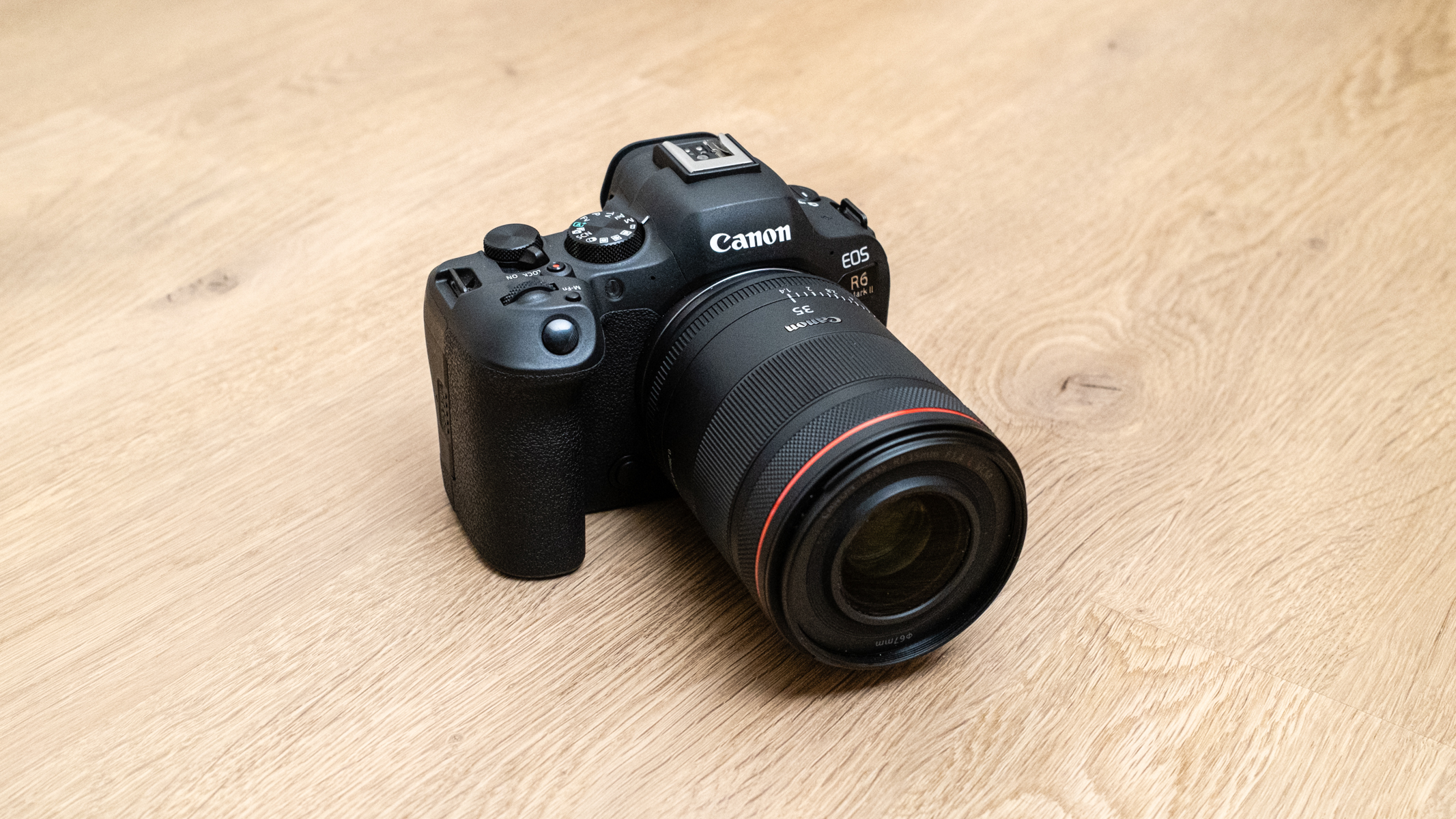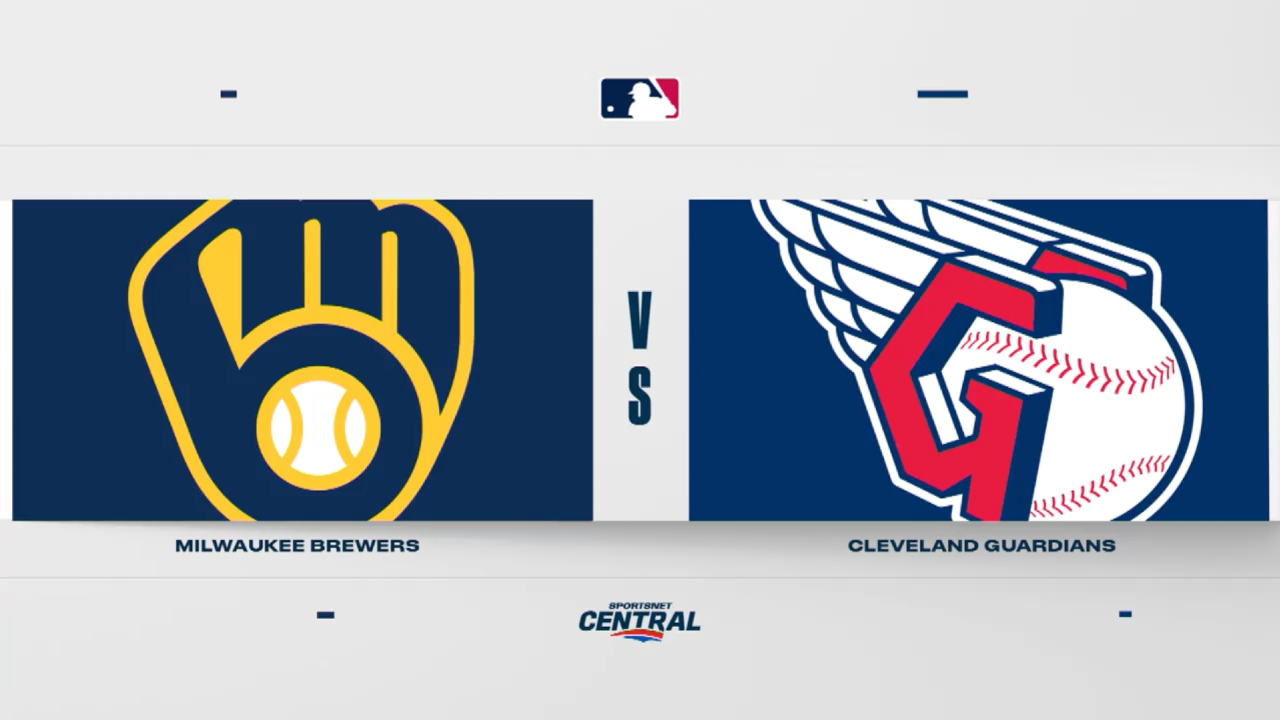When to Settle vs. When to Go to Court in a Personal Injury Case
This article will help you understand the key differences between settling and going to trial, the pros and cons of each, and how a personal injury lawyer can guide you in making the right decision for your case.

If you’ve been injured due to someone else’s negligence, one of the biggest decisions you’ll face is whether to settle your personal injury claim or take it to court. While most cases are resolved through settlement, some situations call for litigation to ensure fair compensation.
This article will help you understand the key differences between settling and going to trial, the pros and cons of each, and how a personal injury lawyer can guide you in making the right decision for your case.
What Is a Settlement?
A settlement is an agreement between the injured party and the at-fault party’s insurance company (or legal team) to resolve the case without going to court. It usually involves a negotiated payment in exchange for the injured party waiving any future legal action.
What Does It Mean to Go to Court?
Going to court—or litigation—means your case proceeds to a civil trial, where a judge or jury hears the evidence and decides the outcome. This typically happens when the two parties cannot reach a fair settlement on their own.
When to Settle a Personal Injury Case
✅ 1. The Offer Covers Your Losses Fairly
If the settlement offer includes compensation for your medical bills, lost income, pain and suffering, and future care needs, accepting it can save time and stress.
✅ 2. You Want to Avoid a Long Legal Process
Court cases can take months or even years. If you’re looking to resolve your case quickly, settlement is often the faster route.
✅ 3. You Want to Maintain Privacy
Settlements are private, while court cases become public record. If confidentiality matters to you, a settlement is the better choice.
✅ 4. Liability Is Clear and Uncontested
If the at-fault party has accepted responsibility and is negotiating in good faith, there's often little benefit to going to trial.
When to Go to Court in a Personal Injury Case
❌ 1. The Insurance Company Won’t Offer a Fair Amount
If you’re being lowballed or your damages are being undervalued, going to court may be the only way to pursue the full compensation you deserve.
❌ 2. There’s a Dispute About Who Is at Fault
When liability is being questioned or shared, litigation might be necessary to prove who was truly responsible for the accident.
❌ 3. You Have Suffered Severe or Long-Term Injuries
Cases involving serious injuries, such as brain trauma, permanent disability, or wrongful death, often require court action to ensure long-term financial and medical needs are addressed.
❌ 4. You Want Legal Precedent or Accountability
Sometimes, it’s not just about compensation—it’s about holding a negligent party accountable and setting a public precedent to prevent future harm.
Pros and Cons: Settlement vs. Trial
| Factor | Settlement | Court Trial |
|---|---|---|
| Time | Usually faster (weeks/months) | Often takes longer (months to years) |
| Cost | Lower legal expenses | Higher legal fees and court costs |
| Certainty | Predictable outcome | Outcome is uncertain |
| Stress Level | Less stressful, no need to testify | Can be emotionally draining |
| Compensation Amount | May be lower but guaranteed | Potentially higher, but not guaranteed |
| Public Exposure | Private and confidential | Public record |
How a Personal Injury Lawyer Can Help
A skilled personal injury lawyer plays a critical role in both options:
-
During Settlement: Negotiates with the insurance company, calculates fair compensation, and protects you from accepting a lowball offer.
-
During Litigation: Builds a strong case with evidence, handles filings and deadlines, and represents you at trial if needed.
They can also advise you on when a settlement is in your best interest—and when it’s time to fight in court.
Conclusion
The decision to settle or go to court is one of the most important choices in your personal injury case. While most cases settle, some require legal action to get the justice and compensation you deserve.
If you’re unsure of what’s right for your situation, consult a trusted personal injury lawyer. They can assess your case, explain your options, and help you make an informed decision based on your unique needs.
Need Help Navigating a Personal Injury Claim?
Contact an experienced personal injury lawyer St. Catharines Ontario for a free consultation. Whether you're considering a settlement or heading to court, we’ll guide you every step of the way.















































































